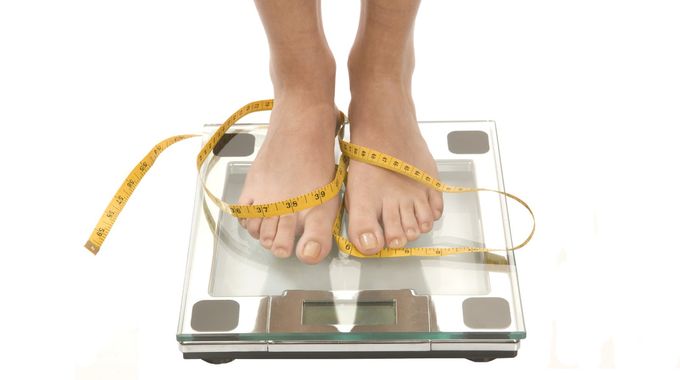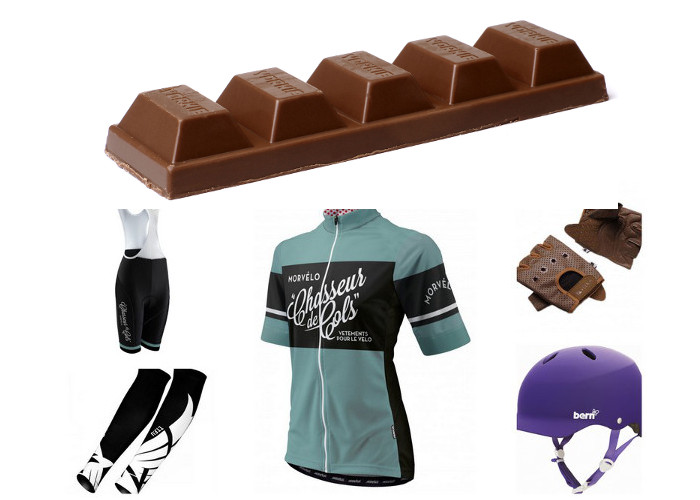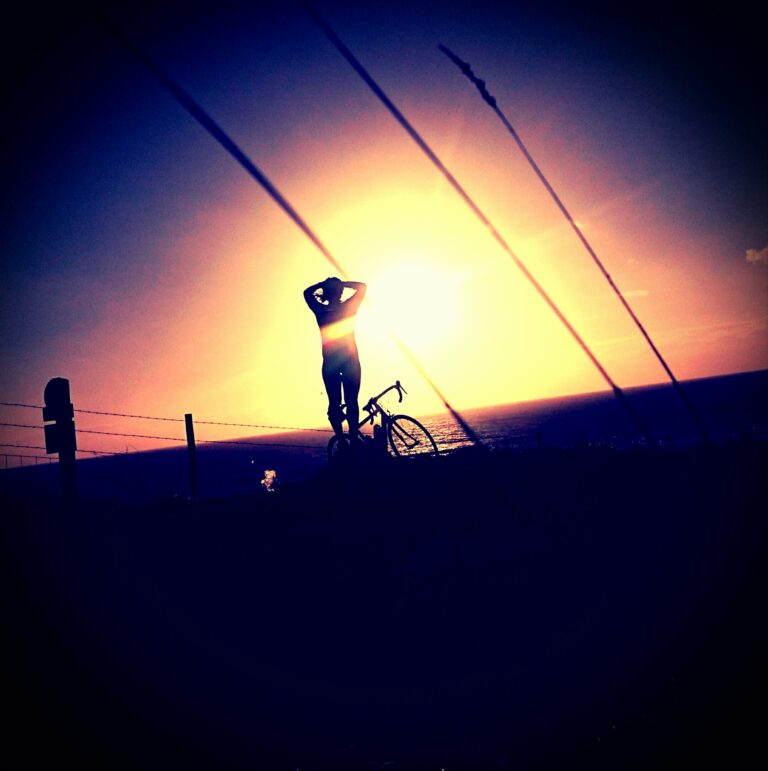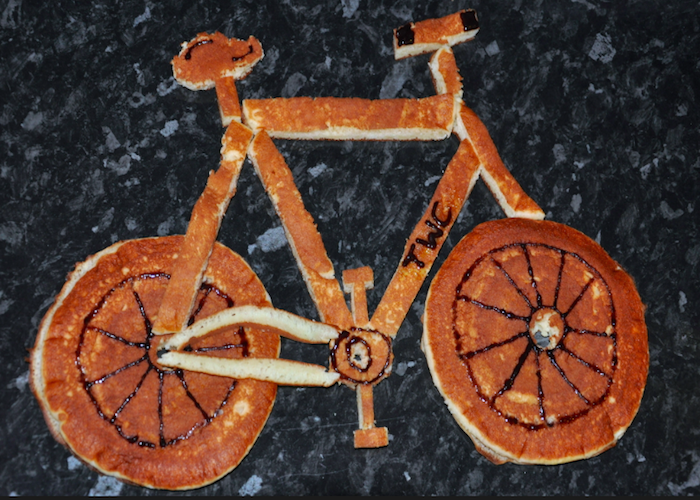Reader's Story: Conquering an Eating Disorder
TWC reader Vanessa is an amateur bike racer from the USA. She has been to hell and back having suffered from Anorexia. She has shown admirable determination and strength on her road to recovery. Here she shares her story.

I’m writing this because I’m proud of who I am. I’ve reached the top level of amateur road racing in the United States, with ambitions extending yet further. Outside of athletics, I’m a great friend, a caring girlfriend, a college graduate and world traveller, and I consider myself a happy and confident person. As someone who has lived through and recovered from an eating disorder, becoming this person who I am today took a heck of a lot of fighting and determination.
Those with eating disorders are weak people, they are ‘silly girls’.
For many years I was ashamed or embarrassed that my eating disorder comprised part of my history, even after I considered myself recovered enough to continue living my life happily and confidently. There is a social stigma, eating disorders are dismissed as superficial and fake problems by a large part of the population.
Those with eating disorders are weak people, they are ‘silly girls’. This makes it all the more difficult for those currently struggling with eating disorders to seek help. Women and men with eating disorders often go years with an untreated problem and it’s not until their bodies begin breaking down and are unable to maintain basic functions, that help finally arrives, in the form of hospitalization. At that point, permanent bodily harm often exists. Eating disorders have the highest rate of death for any mental illness.
Ultimately, I hope my journey back to health can bring hope to those still struggling. Knowing that one can dip to the lowest low, struggling with self-hatred and deep depression, only to emerge stronger and more confident than ever before. To those who have never struggled personally with an eating disorder, I hope to bring understanding and compassion, because you undoubtedly have someone in your life who currently has an eating disorder, or is recovering from one, you may just not be aware because of the secretive nature of the people afflicted.
I never wanted to become anorexic. No one wants an eating disorder.
10 years ago this spring, my life changed forever. It only took several months to go from feeling like a normal teenager eagerly awaiting graduation from senior year of high school, an active athlete and good student headed to a top college, to a girl in an intensive care clinic half the country away.
I never wanted to become anorexic. No one wants an eating disorder. Eating disorders are completely alienating and based on personal insecurities. Anorexia nervosa was how my inability to cope with all the variables in my life at the time manifested itself physically.
I was a senior about to graduate high school. I was not unhappy as a teenager, but I had never felt like I had fit in. While I related well with other athletes, it didn’t stop me from wishing I fit in, or was beautiful, or had the admiration of boys. There were variables that happened to fall into place, setting me up for an epic downfall.





